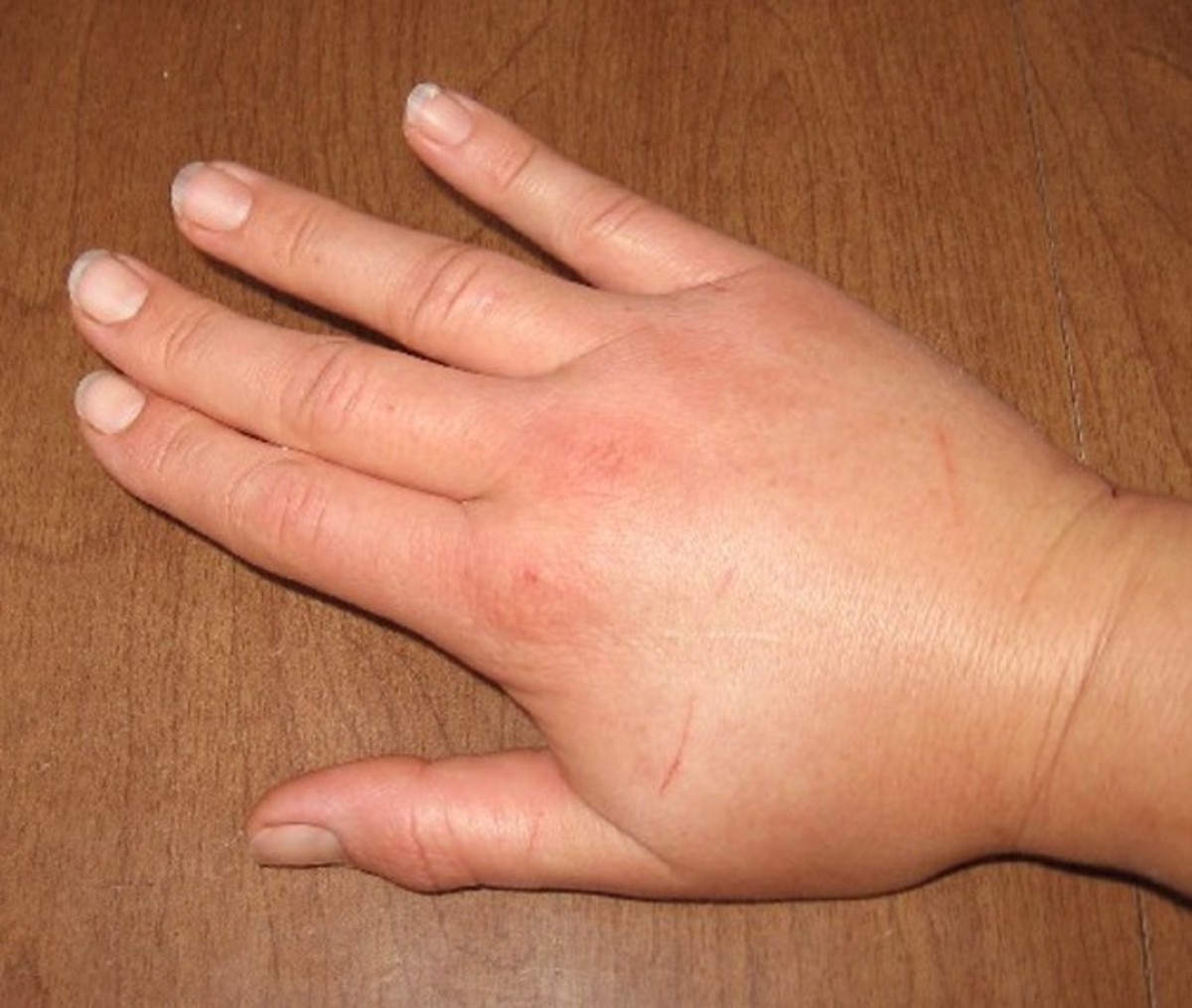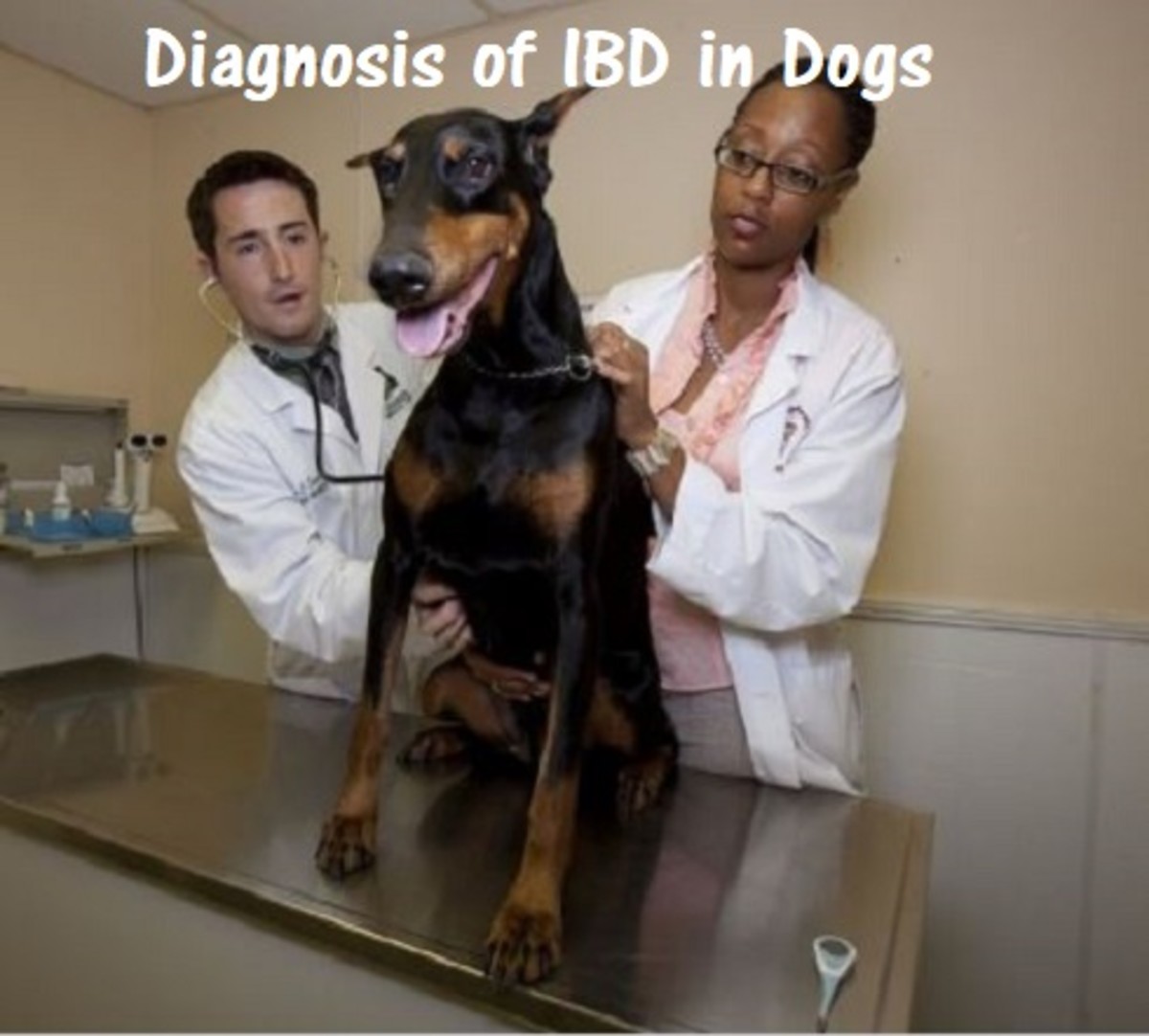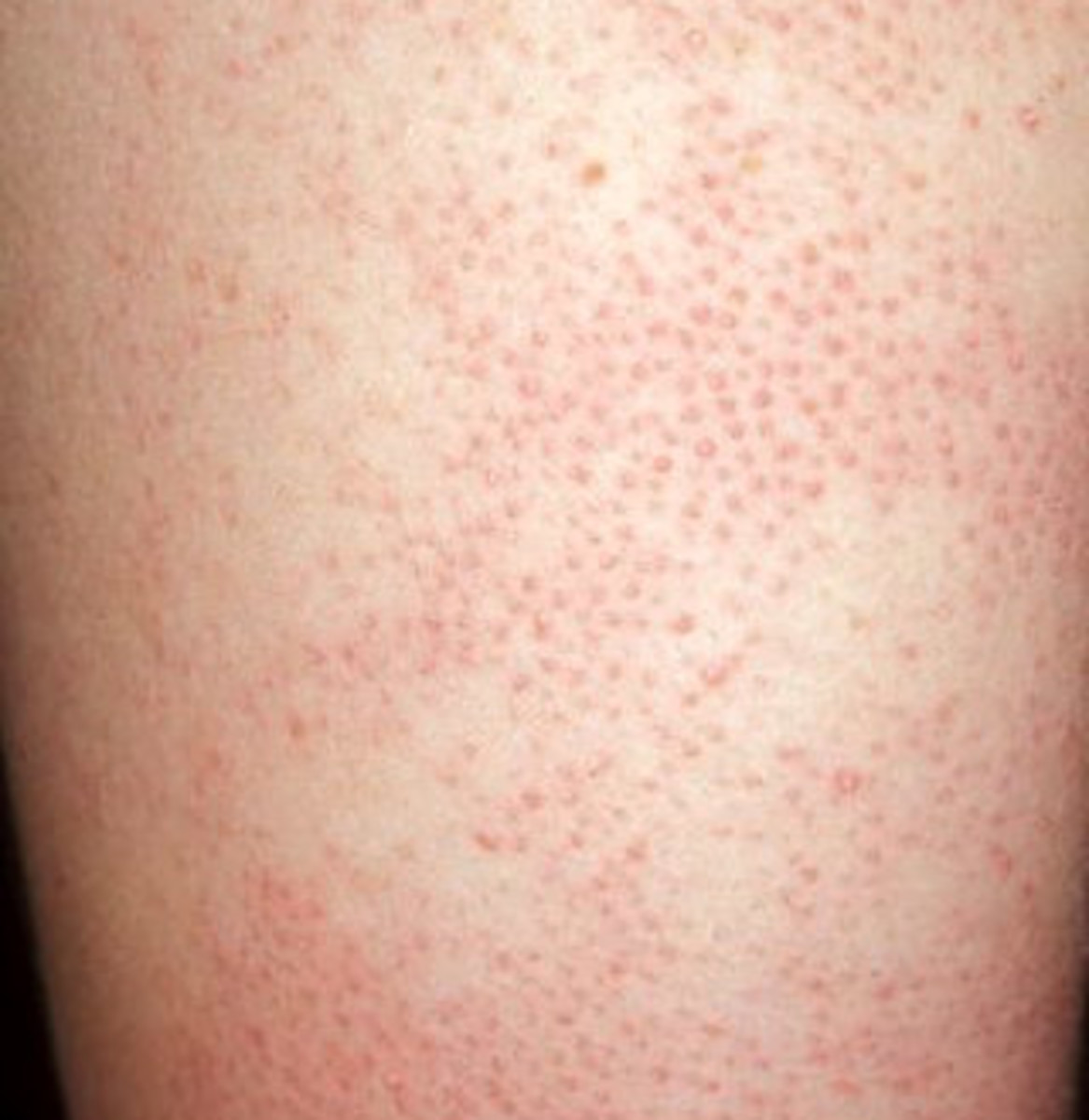- HubPages»
- Health»
- Alternative & Natural Medicine»
- Alternative & Natural Supplements
Probiotics and Your Health
You may be surprised to learn that in a healthy body, there are trillions of bacteria that colonize on the skin, in the mouth, intestines and in the genital tract. When the bacteria in your body are in balance, they do a great job of fighting off disease. However, what can you do when your bacteria is out of balance? Many turn to probiotics. Can probiotics help you to get your body in balance? Is there only one kind? Are there any side effects? These are all good questions that need to be answered before anyone decides to use them.
What are Probiotics?
Probiotics are microorganisms, which include bacteria or yeast that is believed to help to improve health. They are found in both food and supplements.
There are more than 500 different bacterial species in the digestive system, which assist in keeping the intestinal linings healthy, as well as, help in the breaking down of food, and help to regulate a healthy immune response.
The theory behind the use of probiotics is that you are populating your intestinal flora with good bacteria, which will either kill or displace the bad bugs, when the body is out of balance.
What Conditions Can Probiotics Help?
Just like antibiotics, certain probiotics will help to alleviate symptoms of certain disorders and chronic diseases.
1. Traveler's Diarrhea - Traveler's diarrhea occurs when travelers consume contaminated food or water. The following probiotics can significantly lower the risk of traveler's diarrhea: 1) S. Boulardii, 2) Lactobacillus Acidophilus , 3. Bifidobacteria Bifidum.
2. Antibiotic-associated Diarrhea - When you take antibiotics, your body's bacteria can be compromised, allowing pathogens to increase, which increases the chances of an antibiotic-associated diarrhea. There is one probiotic strain, S. Boulardii, which helps to reduce antibiotic diarrhea. Note: S. Boulardii is a yeast. Thus, if you have any sensitivity to yeast, mold or fungi I would not take it without the advice of your doctor.
3. Yeast Infections - There has been many studies done on Lactobacillus and Bifidobacterim in relationship to yeast infections. According to the University of Maryland Medical Center these two types of probiotic strains may be helpful in relieving yeast infections. It is recommended that a dosage of up to 10 billion live Lactobacillus Acidophilus or Bifidobacterium daily will reduce the risk of Candida Albicans overgrowth.
How does the probiotics attack the yeast infection? There are several avenues of attack. First, they build a protective layer around the vaginal wall, making it more difficult for the pathogenic organisms to attach to the walls. Second, they help to maintain the proper pH balance that will help prevent any yeast to survive.
4. IBS- There has been many studies done on the different possible probiotics that could help to control the symptoms of IBS. Currently there seems to be one strain of probiotics (Bifidobacterium Infantis) that has demonstrated a reduction in IBS symptoms of abdominal pain, gas, bloating, incomplete evacuation and straining in IBS patients. It is believed that the strain helps to normalize the radio of cytokines (protein associated with inflammation.) in the lining of the gut.
5. Crohns Disease - (Defined: Crohns disease is an inflammatory bowel condition that causes intestinal swelling, frequent diarrhea and pain). Currently there seem to be more agreement not to agree from experts about the benefits of probiotics and Crohns Disease.
To date, evidence that the use of probiotics benefit Crohns Disease sufferers is inconclusive. Why? It is due to limited research, and the few studies that were undertaken using different probiotic strains, patient populations and dosage were not consistent. This in turn has created two views.
- Some studies conclude that probiotics offer no benefit to Crohns Disease.
- Other studies state that probiotics do help relieve and alleviate Crohns Disease symptoms.
However, there is strong anecdotal evidence, from the patients themselves, which suggest that the use of probiotics do help. Currently two probiotics seem to help the symptoms of Crohns Disease.
- Some studies have seen some positive results with S. Boulardii (a yeast) in helping to calm the watery diarrhea of Crohns Disease. According to University of Maryland Medical Center 250 to 500 mg of S. Boulardii, three times a day, may help to reduce the diarrhea. Note: S. boulardii is a yeast. Thus, if you have any sensitivity to yeast, mold or fungi I would not take it without the advice of your doctor.
- Lactobacillus acidophilus has been used with Crohns Disease to help control gas, bloating and abdominal cramping. According to the University of Maryland Medical Center 1 to 2 billion of acidophilus will help with these symptoms and in some cases, the diarrhea.
6. Guards against Bad Bacteria -There are many bacteria within the Lactobacillus family which helps to fight bad bacteria and to restore a balance in the body. Here are three examples:
- Lactobacillus acidophilus helps to guard the body against such bad bacteria as E. coli, staphylococcus, salmonella, Candida and helicobacter. Currently it shows promise with yeast infection, diarrhea, and respiratory infections.
- Lactobacillus Rhamnosus helps to fight off harmful bacteria and reduces the growth of carcinogenic compounds. Shows promise in improving the immune system, reducing respiratory infections and diarrhea and intestinal problems associated with antibiotics.
- Lactobacillus Casei is found in the mouth and intestines of humans. It shows promise in reducing some of the symptoms of IBS (Irritable bowel syndrome) and IBD (inflammatory bowel disease)
Side Effects of Probiotics
One of the major side effects of taking probiotics in the beginning is the possibility of having what some have described as "horrible gas" attacks. Why does this happen?
You could be in what is referred to as the die-off mode, which is technically referred to as the "Herxheimer reaction". The Herxheimer reaction is usually short-term (lasting from days to a few weeks), and is considered a detoxification reaction in the body. You may experience flu-like symptoms including a headache, joint or muscle pain, body aches, chills, nausea or sweating.
This is a normal reaction. This reaction indicates that the bad bacteria is slowly dying off. However, it is usually during this time many people stop taking the supplement. Even though you are not feeling particularly well, the reaction is actually a sign that healing is taking place. What is occurring is that the body is detoxifying and the released toxins are exacerbating the symptoms being treated or they create their own symptoms. You should begin to see these symptoms subside within two weeks.
To help with the "horrible gas" some have taken over-the-counter medication that will help to control the gas.
Another possible reason is that the probiotics you are using may have a pre-biotic called Inulin. Inulin is a carbohydrate that belongs to a class of compounds known as fructans. Since the intestines do not absorb Inulin, it is considered a fiber. Its use in the probiotics is to feed, thus, activate the probiotics bacteria. This can cause the gas issue. If you find after two weeks you still have a "horrible gas" problem you may want to look for a probiotic that does not contain Inulin, or at least one in which the pre-biotic is of a less amount.
Allergic Reaction to Probiotics
Trying to tell the difference between an allergic reaction, and the "Herxheimer reaction”, can be a problem. However, some telltale signs that you are having an allergic reaction are:
1. Diarrhea
2. Stomach pain
3. Nausea
4. Vomiting
5. Hives
6. Shortness of breath
7. Eczema
8. Wheezing
9. Lightheadedness
Important Things to Remember Before Using Probiotics
Each individual situation is unique and thus, you should know that:
1. If you have a weakened immune system or suffer from a serious chronic illness, do not take any probiotics without the consent of your doctor. In these situations, probiotics can be harmful to the individual.
2. If you want to try a probiotic, I would strongly suggest that you consult a qualified healthcare provider, to find out the optimal dosage and type of probiotics that may help your condition.
Disclaimer: The above article is for informational purposes only. It is not intended to replace the advice of a physician.








